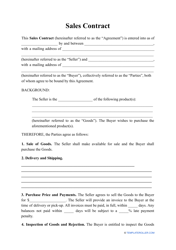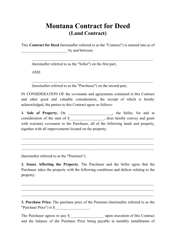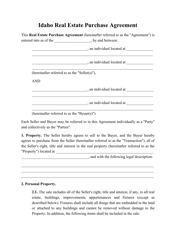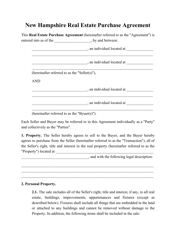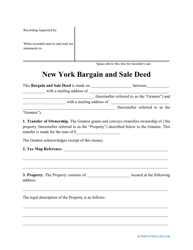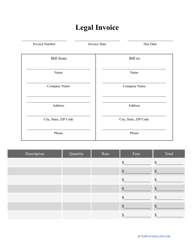What Is a Real Estate Bill of Sale?

A Real Estate Bill of Sale - otherwise called a House Bill of Sale or a House Sales Contract - is a non-legal real estate form that may be used for recording the transfer of property ownership from the current owner to the buyer and often serves as a sales receipt. It is considered a binding purchase contract that can be used to prove that the buyer purchases the property as-is.
Legal Real Estate Bill of Sale
Homeowners looking to sell their property will probably be looking for Real Estate Bill of Sale templates when there are, in fact, no bills of sale designed specifically for real estate purposes (sellers are encouraged to use specifically designed real estate purchase agreements for that purpose). The length of the document and the clauses it includes depend on the property sold and local law requirements. However, each Real Estate Bill of Sale must, at the very least, contain:
- Name and address of the seller;
- Name and address of the person buying the house;
- Date of purchase;
- Signatures of the seller and the buyer (in some states the signature of a notary and signatures of two witnesses are necessary too);
- Brief description of a property sold;
- Amount paid for the property.
Nevertheless, you may technically use a Generic Bill of Sale when selling any type of property and modify it to fit your needs and local law requirements.
What Is a Bill of Sale Used for in Real Estate?
When writing the Bill of Sale for your property include the basic important information about the real estate you sell, information about yourself and the buyer, and peculiarities of the specific deal. If you decide to go forward with the transaction, it is recommended that you include a clause stating that the buyer has examined the house and is satisfied with its condition. Indicate that the buyer is purchasing the mentioned real estate "as-is". This statement is intended to protect you - the seller - from a potential dispute with the buyer if the latter discovers a default with the house they bought.
Regarding the price, it is better to include both the value of the house during the last official appraisal and the amount the buyer is going to pay for the house, as well as the form of payment. Describe your responsibilities as a seller and add a clause stating that you are released from any responsibility to the house except for those outlined in this contract to protect yourself from any unexpected claims.
When your Bill of Sale is ready, show it to an attorney to make sure it complies with the state law. Besides, the attorney may advise you to add some helpful optional clauses. Ask your attorney if your document is required to be signed by a Notary or witnesses according to the laws of your state.
